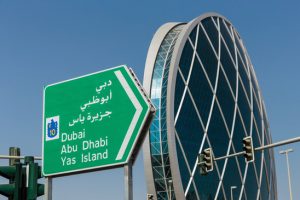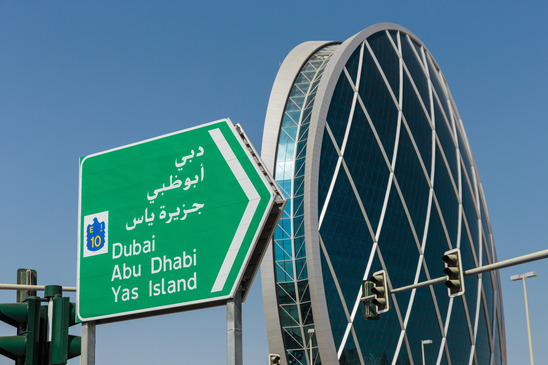Bringing BIM Compliance to the UAE
The United Arab Emirates (UAE) consist of seven emirates, which are Abu Dhabi (which serves as the capital), Ajman, Dubai, Fujairah, Ras al-Khaimah, Sharjah, and Umm al-Quwain. Abu Dhabi and Dubai are the most well-known of the UAE and have seen an explosion of development over the last decade or so.
Since the 1980s, the UAE has been spending billions of pounds on infrastructure projects, including huge, modern commercial and residential buildings such as shopping malls and skyscrapers. These developments are particularly evident in Abu Dhabi and Dubai, although the northern emirates are keen to replicate the growth seen in Abu Dhabi and Dubai and are providing major incentives for developers.
Following the mandate from the UK Government to use BIM on large and public sector projects in the UK, where BIM will be a requirement from April 2016, Dubai are the first Emirate in the Middle East to follow suit and mandate the use of BIM (Building Information Modelling) for most large-scale construction projects. The Dubai mandate relates to specified architecture and MEP (mechanical, electrical and plumbing) projects that are over 40 storeys tall, or those which span more than 300,000 sq. ft., as well as government projects including hospitals, universities and schools.
Across the EU, the use of BIM became compulsory in 2014. As a result, existing UK and European based BIM consultants are considered to be the leading experts in the field of BIM, and are able to bring their expertise, particularly in large-scale projects, to the UAE.
The benefits of BIM in the EU and across the UK are well known and the construction industry has recognised a number of significant benefits of utilising BIM technology, these include –
- Improved visualisation of the construction project, allowing issues to be anticipated and dealt with prior to the start of the project
- Reduced asset costs and greater operational efficiency
- Greater efficiency and effectiveness of construction supply chains
- Improved productivity due to easy storage and retrieval of information
- Better coordination of construction documents
- Faster speed of delivery of the completed project
Additionally, benefits across the industry include greater collaboration between all parties from the very beginning of a project, which as well as meaning stakeholders are required to embrace new BIM technology, they are also required to work more collaboratively with colleagues from other areas from within the construction project. Furthermore, the focus on such large-scale projects reflects the fact that BIM can help to streamline complex developments that utilise a wide range of stakeholders.
The key to successful project outcomes can be found in well-executed project management. With good attention to detail, and project management which has high standards, tight budget management and strict project timekeeping at the heart of it, a construction project will be better run, better managed with a better end result. The use of BIM can only serve to benefit the UAE’s construction industry.
For more information about CAD Design Services, BIM Compliance and complete CAD solutions in the UK (Manchester) and UAE (Abu Dhabi and Dubai), visit The CAD Room website at https://www.thecadroom.com/ or phone 0161 427 0348.

